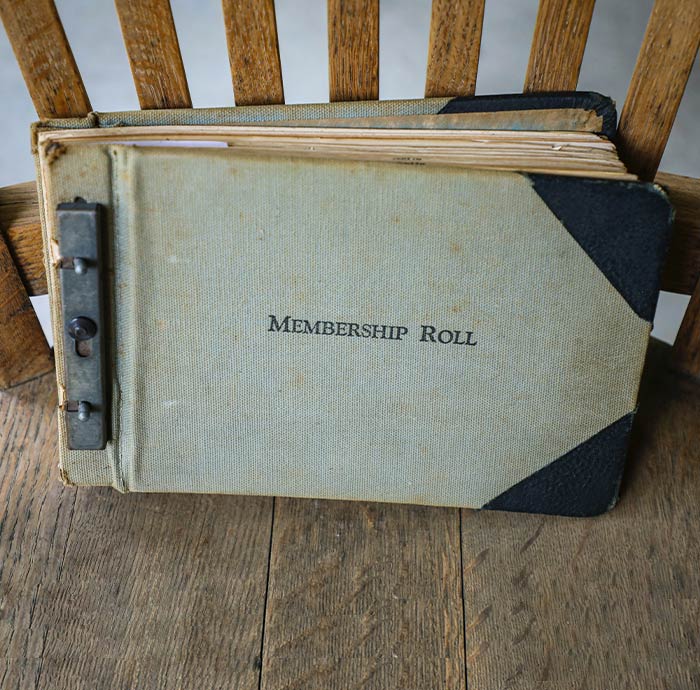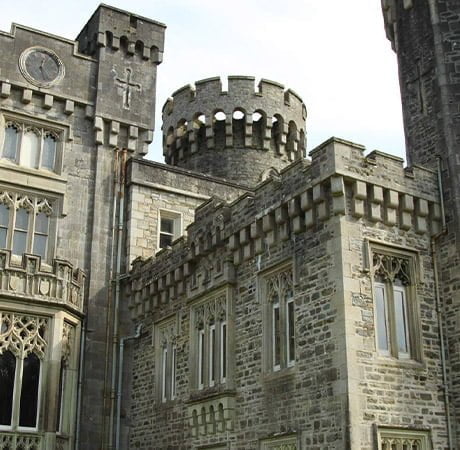Our agricultural collections came to Johnstown Castle Estate when the museum opened, but many of the practices and traditions they recall have been part of the culture of the estate over centuries.
Our museum collection, which focuses on the development of agriculture after the Great Famine, is one of the most important of its kind in Ireland. It also reflects a commitment to research and education in the field of agriculture that has been part of Johnstown’s mission since the castle and estate were gifted to the nation by Maurice Victor Lakin in 1945.
Passing On Skills and Knowledge
The Lakin family – the last private owners of Johnstown Castle – thought the estate would make an ideal college for agricultural students, and so its handover was wrapped up in the ‘Johnstown Castle Agricultural College Act’.
After the Department of Agriculture took possession of the site, Lady FitzGerald’s former gardeners, including the much-loved Jimmy Murphy, stayed on to share knowledge handed down through the generations with newly arrived horticulural students!
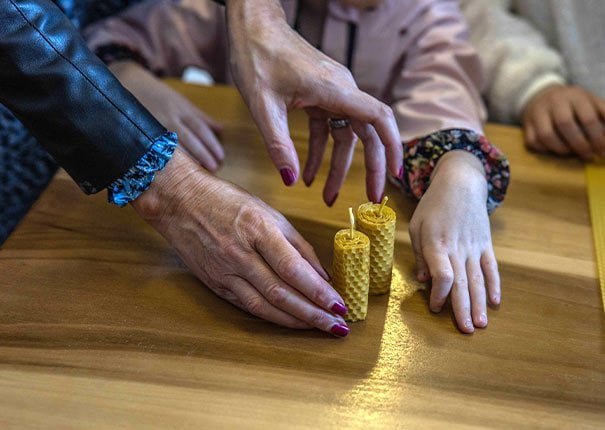
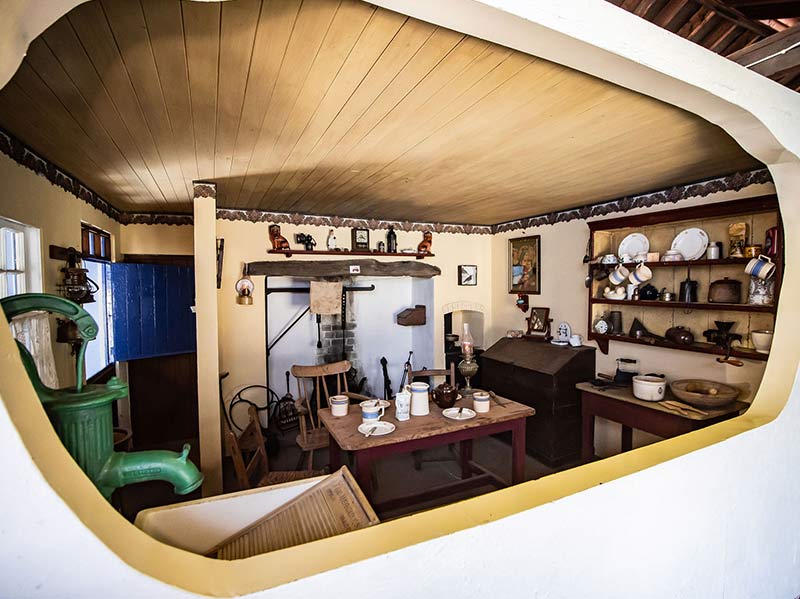
A Home for Irish Agricultural Artefacts
When Austin O’Sullivan joined the team of researchers on site, a path was set towards the creation of the Irish Agricultural Museum. He seized the opportunity to create a museum of agriculture at Johnstown Castle Estate that would celebrate rural life, skills, and knowledge. The many different artefacts he gathered from around Ireland form the basis of our archive. We continue to care for and add to our museum collections with the help of skilled craftspeople and historians.
Farm Tools and Machinery
Our collection of machinery includes tractors, bicycles, rural crafts, veterinary and equine items, country furniture, and paraphernalia relating to farmhouse kitchens.
Behind every object there is a story, often in the form of an instruction manual, log book or advertisement, that tells us something about everyday lives in rural Ireland, farming techniques, or domestic management.
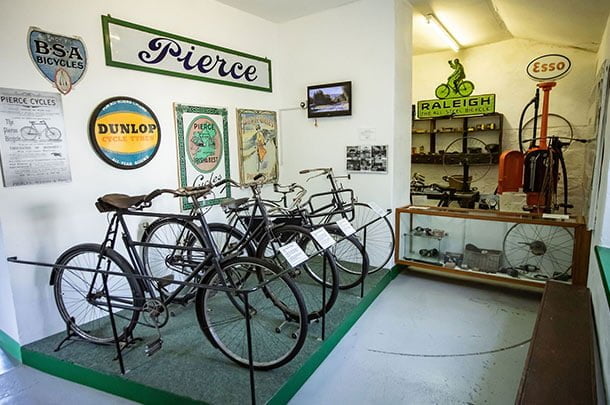

Farming Books and Periodicals
The archive holds one of the most comprehensive collections of documents and books relating to Irish agricultural machinery in Ireland and offers an invaluable representation of Ireland’s agricultural history and heritage. Among its treasurse, the collection contains 6,000 books, a rare collection of 19th century estate records, maps, and 1,000 agricultural records.
Some of these works – from pig-breeding manuals to machinery catalogues – are on show in our exhibitions, and we are working to make the archive available to visiting researchers in future years.
Exhibition: Pioneering Wexford Women
Our latest exhibition is dedicated to the Wexford women selected to leave workhouses during the Great Irish Famine and make the long and arduous journey to begin new lives in South Africa.
‘Young visitors are particularly fascinated by the experience of these teenagers caught up in the Great Famine’, says Matt Wheeler, Museum Curator. ‘It gives them a fresh perspective on the famine story and highlights the courage that people like them showed in escaping terrible circumstances to forge new lives halfway around the world’.
Access to the exhibition is included in admission price.


